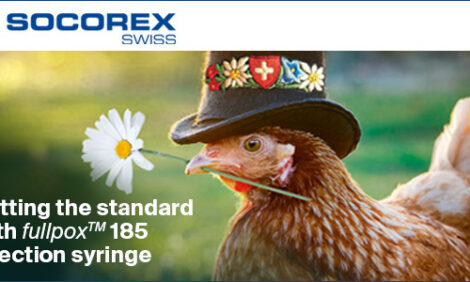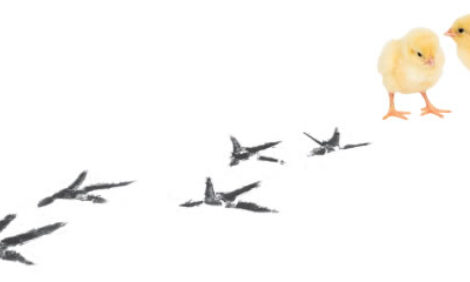



Why food loss and waste are among our biggest sustainability challenges, and how we can create change
It is estimated that to feed the world’s population in 2050 we will need to produce 56% more calories than we do today. However, at the same time we need to reduce our reliance on the world’s natural resources, reduce carbon emissions and habitat loss, and ensure our food systems are sustainable.It has been reported that we do not lack sufficient calories on a global scale to feed the world’s growing population, but rather that the calories produced are not equitably distributed and not readily accessible to all, as evidenced by overconsumption on the part of 2 billion people, while 800 million remain undernourished.
Currently 30% of all food produced worldwide is lost in production and 30% is wasted by consumers. Food loss and waste also accounts for 8% of the world’s total emissions—that’s a footprint equivalent to a nation, third only to China and the US. The degree of loss and waste varies by geography and stage of the value chain. For example, it is reported by the World Resources Institute (WRI) that 17% of all calories produced in North America and Oceania are lost in production, while 61% are wasted at the consumer level. This contrasts starkly with South and Southeast Asia, where 32% and 13% are lost and wasted in production and at the consumer level, respectively.
Challenging food loss
So how do we begin to reduce this huge loss of valuable food? Animal protein loss and waste accounts for 12% of global calorie loss. This is an area we at DSM Animal Nutrition & Health are committed to combatting. For many years, we have been developing nutritional solutions to help reduce the amount of food that is lost and wasted at all stages of the value chain.
Waste can occur simply due to the nature of the product. Eggs are an excellent source of nutrition, have a relatively low environmental footprint and are affordable and accessible to many worldwide, but they are fragile and prone to breakages. By feeding hens a diet richer in the active form of Vitamin D, not only can their health and wellbeing be improved, but the strength of the eggs they lay can be increased, leading to a 15% reduction in breakages.
Shifting consumer habits
A good part of the problem still lies with consumers, particularly in some parts of the world. In South and Southeast Asia, only 13% of food is wasted by consumers; in North America and Oceania, this rises to a huge 61% according to the WRI. It would be easy to blame the consumer for this, but there are good reasons why many throw away food that has nothing fundamentally wrong with it. Often, meat’s flavour, smell, or appearance can lead people to believe it is inedible when it is not. DSM has developed solutions to help control some of the factors that might lead consumers to discard otherwise edible meat, including addressing issues of discolouration, odour and drip loss
Vitamin E is a key nutrient that is central to improving meat quality. As a natural antioxidant situated within the muscle cells it helps slow the oxidation process, thereby improving the shelf life of meat by 3-6 days when fresh, and 2-3 months when frozen. Maintaining colour and reducing off-flavours and drip loss can help to reassure consumers that the meat is not actually bad, leading them to keep it when it might otherwise have been thrown away.
Improving the sustainability of the animal protein production chain at every stage requires an inclusive approach, and we hope that many others will follow in our footsteps. At DSM we have signed up to the UN’s Sustainability Development Goal 12.3 with the aim of reducing food loss and waste by 50% by 2030. And we do this by working with everyone from scientists, industry partners, customers and our own business partners to the World Food Programme and Africa Improved Foods to make these goals a reality. We believe in sustainable, healthy nutrition for all within planetary boundaries. As a result, we launched our We Make It Possible strategic initiative, which builds on many years of work, innovation and collaboration through the value chain to help improve the sustainability of animal protein. The scale of the challenge is not small, but we are convinced that the industry can transform itself from within and become more sustainable.
After all, if not us, who? If not now, when?
To know more about how we are tackling the food loss and waste challenge, visit us at:
https://www.dsm.com/wemakeitpossible/en_us/sustainability-platforms/improving-quality.html








